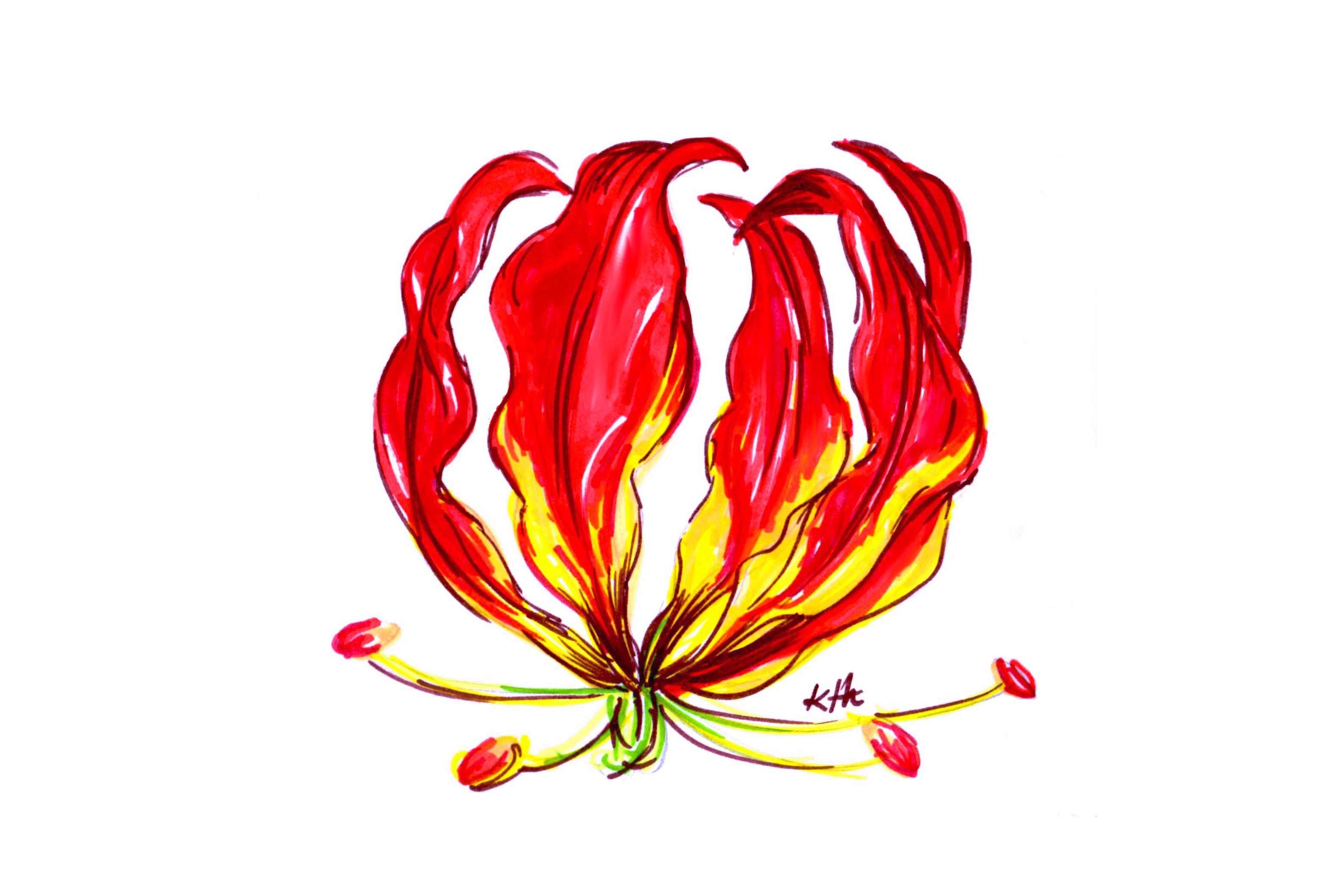by Tamil Guardian, London, November 27, 2016
Today, Tamils across the globe will collectively light candles, lay flowers and bow heads in memory of those who gave their lives resisting state oppression. Marking the legacy of these heroes has become an integral moment of solidarity for the entire nation. In the Tamil homeland, commemorations have already begun this week, in a defiant series of events that have continued to grow since the armed conflict ended. Sri Lanka’s response to these moves at remembering the lives lost, alongside its continued targeting of Tamils, reveals a failure to tackle the deep-rooted issues of Sinhala nationalism on the island – a stark contrast from the promise of reconciliation when it came into power almost two years ago.
 Whilst the state has scaled back on attempts to clamp down on remembrance events, covert military surveillance has continued today, perpetuating a climate of fear around commemorating the Tamil war dead. Graves of fallen fighters remain destroyed or have been completely paved over, and openly marking the death of fallen Tamil fighters still leaves many fearing the repercussions of a backlash from the state.
Whilst the state has scaled back on attempts to clamp down on remembrance events, covert military surveillance has continued today, perpetuating a climate of fear around commemorating the Tamil war dead. Graves of fallen fighters remain destroyed or have been completely paved over, and openly marking the death of fallen Tamil fighters still leaves many fearing the repercussions of a backlash from the state.
This comes amidst an environment of continued militarisation, sporadic abductions and ongoing reports of torture. The murder of two Tamil university students last month and the crackdown that swiftly ensued, highlighted the chilling effect of the continued heavy presence of security forces in the North-East and the impunity with which they can act. Though there was widespread outrage at the killings, the state still moves sluggishly in bringing about justice. Instead it arrested dozens of Tamils under the Prevention of Terrorism Act, seemingly to clamp down on Tamil mobilisation in the weeks leading up to Maveerar Naal. The threat of being held by Sri Lankan security forces thus remains very real. Indeed, dozens of Tamils still languish in Sri Lankan prisons without charge. Token gestures, such as the release of a handful of the wrongly imprisoned, will not suffice as we come to almost two years of this regime’s rule. The drafting of an even more draconian piece of legislature to replace the roundly criticised PTA, belies the government’s claims of moving away from authoritarianism.
Despite claims to the contrary, the illiberal core of Sri Lanka’s ethnocratic state remains unchallenged. The past few months alone have shown that the state is unwilling to tackle Sinhala Buddhist supremacy and its influence on politics on the island. Though there are splits appearing in the government’s shakily held coalition, on this there has been an unwavering solidarity. The Sri Lankan president has become increasingly brash in rebuffing international efforts for accountability for war crimes, whilst Prime Minister Wickremesinghe has repeatedly asserted that Buddhism will continue to hold primacy across the island. This is a particularly bold statement given the colonisation of the North-East and the racism of extremist Buddhist monks.
The North-East though has responded to Colombo in ways that hark back to the protest campaigns of decades before. Seizing the democratic space that has been prised opened, peaceful protests have been growing in both number and spirit. The Ezhuga Tamil rally earlier this year captured the climate of a growing and widespread resistance to Sinhala hegemony and a reassertion of Tamil nationalism. Tamil politicians should also take note of this. The promise of a political solution which meaningfully addresses legitimate and longstanding grievances, continues to falter and talks shrouded in secrecy remain caged within Colombo’s parochial politics. The frustration at a historically fruitless process is palpable in the North-East.
Despite the deterioration in the Sri Lankan government’s liberal credentials, an emboldened Colombo boasts that international engagement continues unabated with military exercises with foreign states currently underway in the Tamil homeland. How Sri Lanka is dealt with by the international community in the coming months in particular will set the tone for policy for the months and years to come. Colombo has promised a new constitution will be unveiled and Sri Lanka once more comes for review before the UN Human Rights Council. Yet, Sri Lanka’s faltering approach over the last year does not bode well for those who wish to see a genuine peace on the island. The international community must keep Colombo in check. The actions of Sri Lanka in Mullivaikkal in 2009 and that of Myanmar in the Rakhine state today, serve as a reminder of the dangers of a carte blanche.
It was a history of inaction and broken promises that left the Tamil people no other option than to mobilise for their inalienable right of securing their own political self-determination. Sri Lanka, once again, continues to regress on its commitments and in doing so is laying out the basis for a protracted struggle across the North-East. In remembering their sacrifice and rebuilding the graves of fallen fighters, the Tamil people have delivered a collective message of resistance.